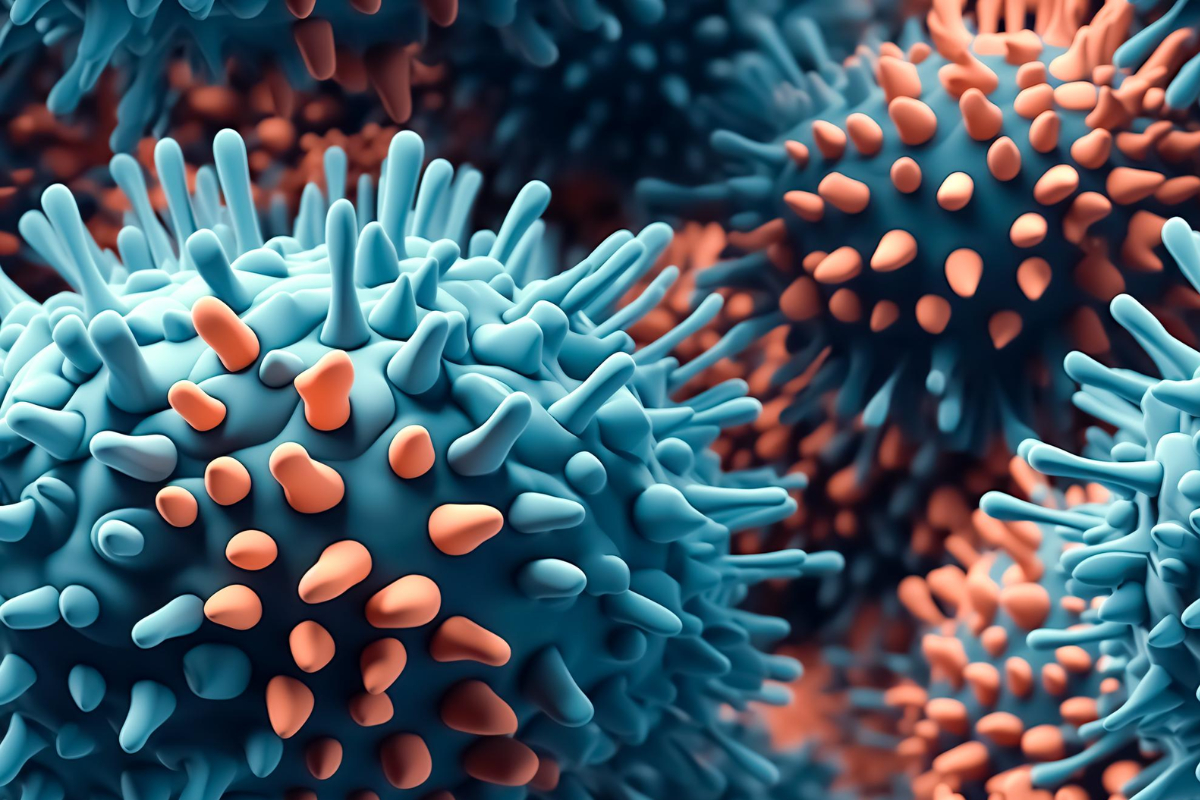AbbVie & Genmab’s Collaboration; Lilly’s antisense neuro deal; COVID-19 treatment updates; Roche’s partnership with Innovent;
Jun 11, 2020
Table of Contents
AbbVie Seals a USD 750 M Bispecific Antibody Cancer Drug Deal with Genmab
AbbVie is set to reimburse Genmab USD 750 million upfront for a stake in a pipeline of anti-cancer bispecifics that is led by epcoritamab. The agreement features up to USD 3.2 billion in milestones, positions AbbVie to race Regeneron to market with a bispecific antibody that could contest with CAR-T therapies.
Genmab has always targeted a mid-2020 deal, including the rights to CD3xCD20 bispecific antibody epcoritamab.
Downloads
Click Here To Get the Article in PDF
Recent Articles
- Soft Tissue Sarcoma: A rare malignancy
- Clinical
- Daiichi Sankyo’s Trastuzumab Deruxtecan; ODD to Bexmarilimab for AML; Roche’ Alecensa; Ergomed Ai...
- FDA Approves Xolair for Food Allergies; FDA Accelerated Approval for Iovance’s AMTAGVI; Astellas ...
- Eli Lilly strengthening its Gastroenterology portfolio post Acquisition of Morphic. Tracking comp...
Now, AbbVie has landed rights to epcoritamab by approving to Genmab’s redlines for the agreement, putting up USD 750 million upfront and committing to a collaboration that extends far beyond epcoritamab.
Eli Lilly inks antisense neuro deal with Evox Therapeutics
Eli Lilly is penning a new pipeline agreement in central nervous system diseases. It is in partnership with U.K.-based exosome therapeutics firm- Evox Therapeutics will receive the delivery of RNA interference and antisense oligonucleotide drug for neurological disorders.
The upfront is USD 20 million, with Lilly also funnelling a USD10 million investment in exchange for a convertible bond from Evox.
Under the deal that is centred around a five-target license agreement, Evox will be responsible for exosome engineering in order to get brain/CNS-targeting, drug loading and analytics and some in vitro assay development, and material supply for initial in vivo studies as well. Moreover, Eli Lilly will only step in to acquire once this has been finished. Specific details on targets were not released.
Deciphering new treatments for COVID-19
As the highly infectious novel coronavirus is continuously spreading, scientists are questing for new ways to kill the virus. While the antiviral remdesivir of Gilead Sciences has shown activity against COVID-19, though its clinical benefits may be limited, thus resulting in a demand for better treatments.
Now, Ernesto Estrada at the University of Zaragoza in Spain has found what could be the weakness of SARS-CoV-2, the virus that causes COVID-19. It is a protein, which is required for the reproduction of the virus, making it a perfect target for potential drugs as per him.
The protein is known as main protease (Mpro). It is an enzyme, which cuts precursor molecules that are translated from viral RNA to make functional viral proteins. Proteases are drug targets due to their imperative role in viral replication.
Roche inks USD 2 Billion deal with Innovent Biologics
Roche is licensing out part of its cancer platform to Chinese biotech Innovent Biologics. Innovent gets non-exclusive access to the Swiss major’s cell therapies and bispecific antibodies for both blood and solid cancers.
Under the deal, Innovent has to create, develop, manufacture, and commercialize the products, while Roche keeps an option to license each product for development and sale outside of China.
Hoffmann-La Roche joins Incyte, Eli Lilly, and the MD Anderson Cancer Center in collaboration with the high-rising biotech that came into focus in 2018 when it raised USD 421 million in a Hong Kong IPO.
Downloads
Article in PDF
Recent Articles
- Key Clinical Outcomes- 30/07/2018
- Regeneron’s cocktail antibody, REGN-COV2; J&J’s manufacturing-spree; ObsEva̵...
- Wet AMD: A chronic eye condition with promising therapies
- Soft Tissue Sarcoma Treatment Market: Present treatment approaches and Unmet Needs
- Metastatic HER2-Positive Breast Cancer Landscape: What You Need to Know




